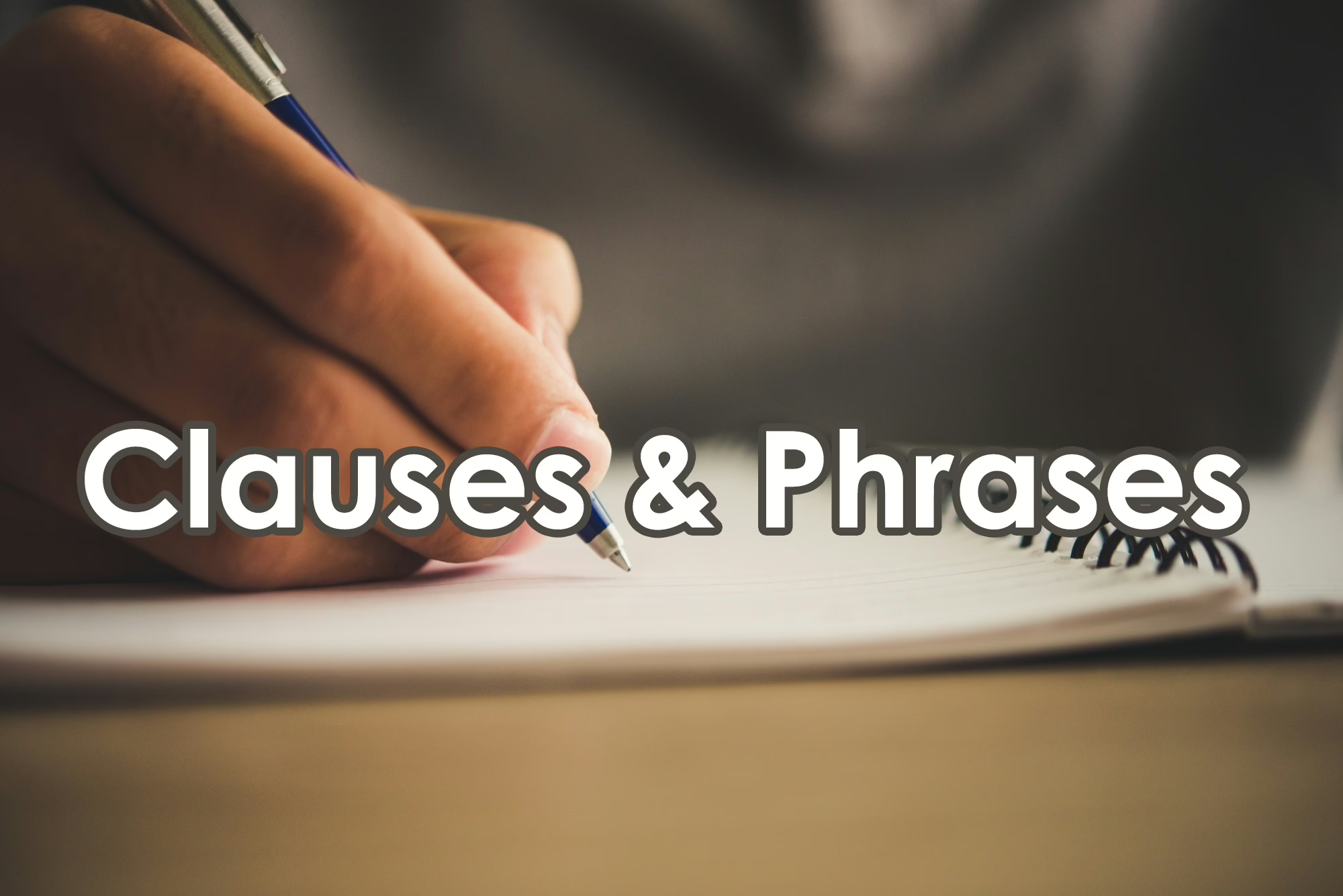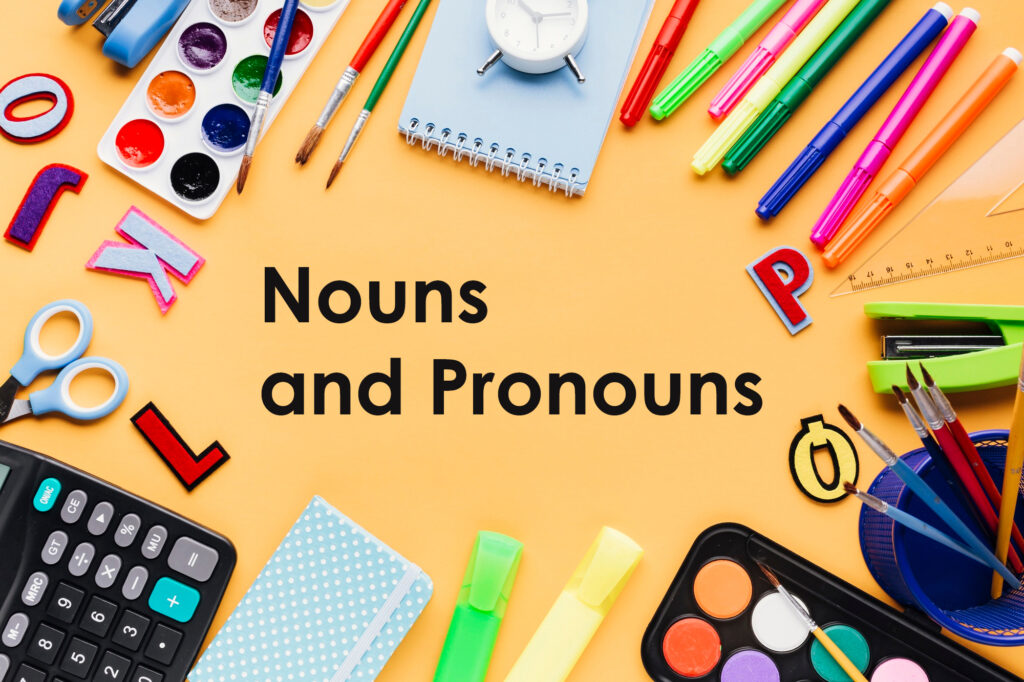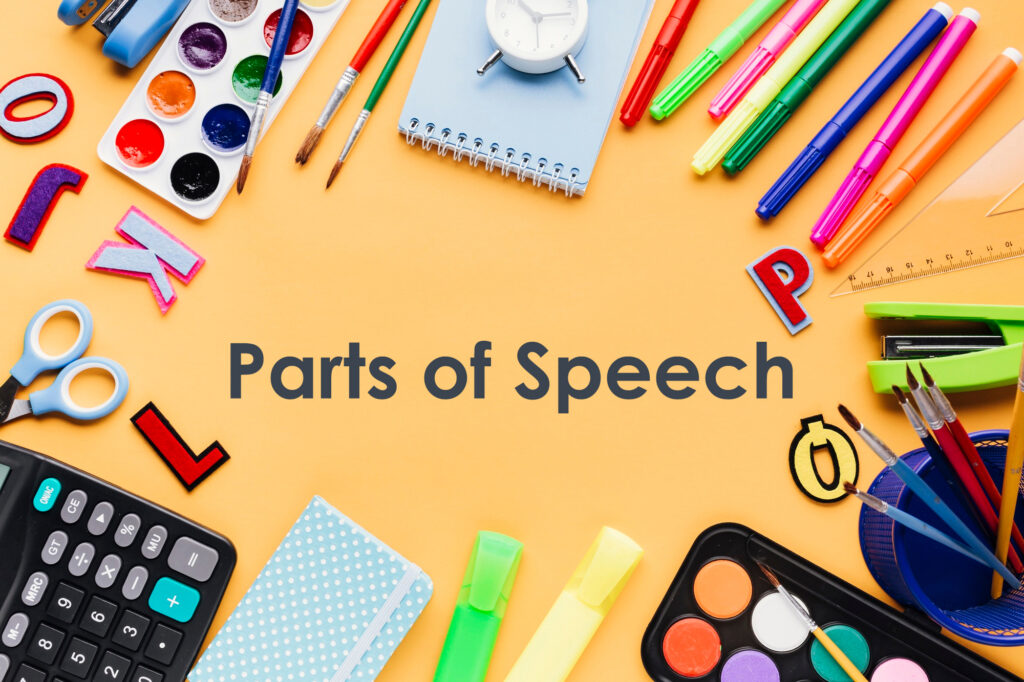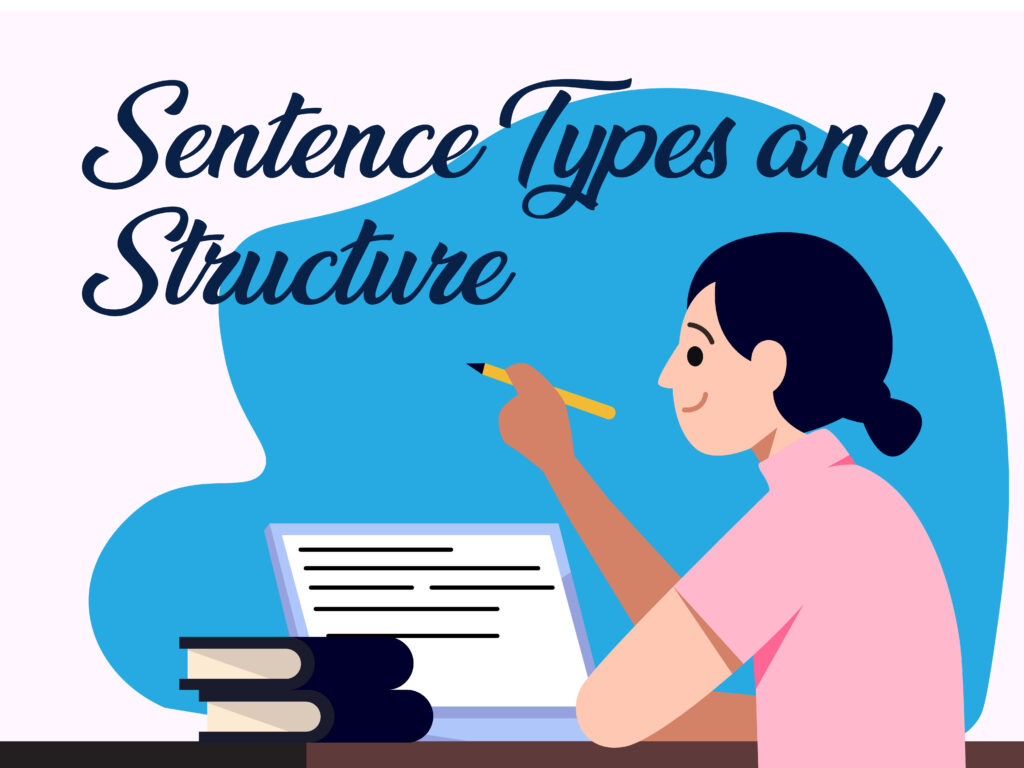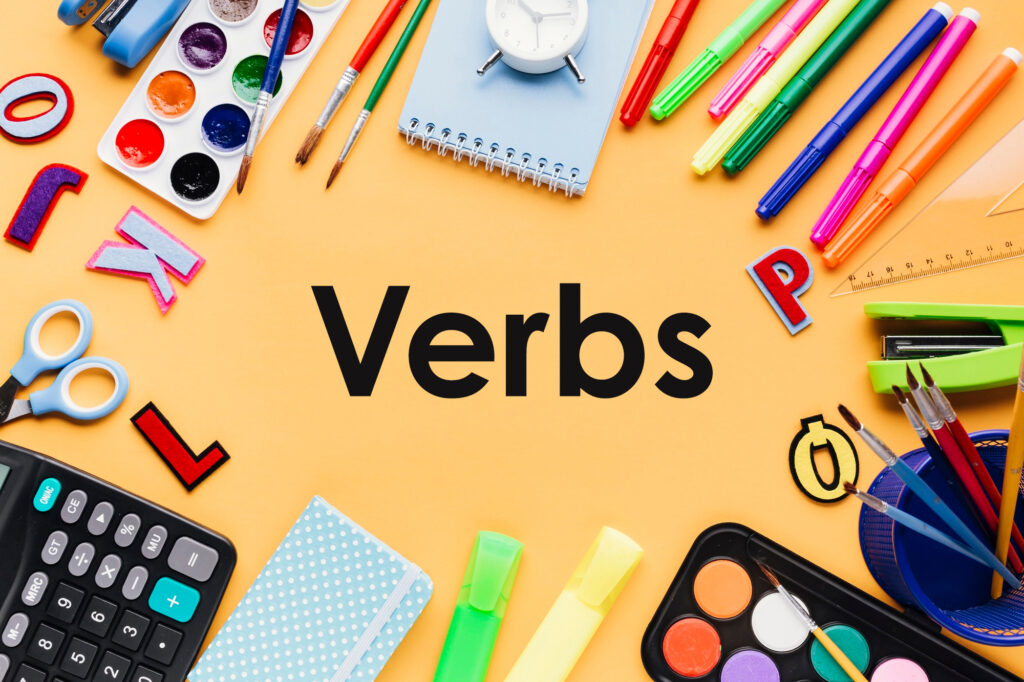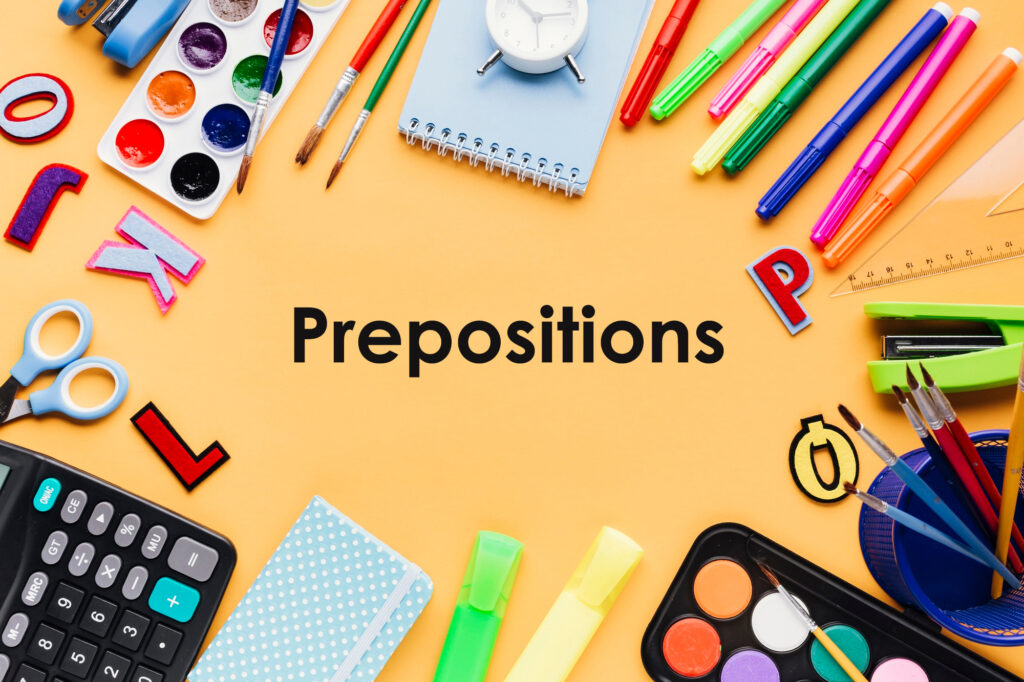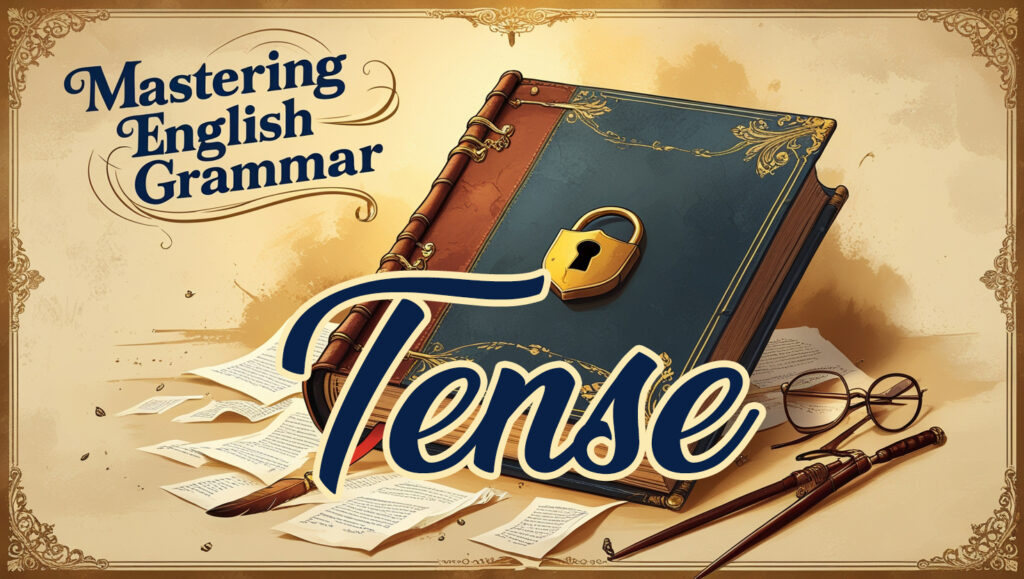15.1 Introduction
A sentence is made up of phrases and clauses. Understanding the difference between them is essential for mastering English grammar.
- Phrase: A group of words that work together but do not have both a subject and a verb.
- Clause: A group of words that do contain both a subject and a verb.
✅ Example:
- Phrase: “in the morning” (no subject or verb)
- Clause: “She wakes up early” (has a subject: “She” and a verb: “wakes up”)
Let’s explore both in detail!
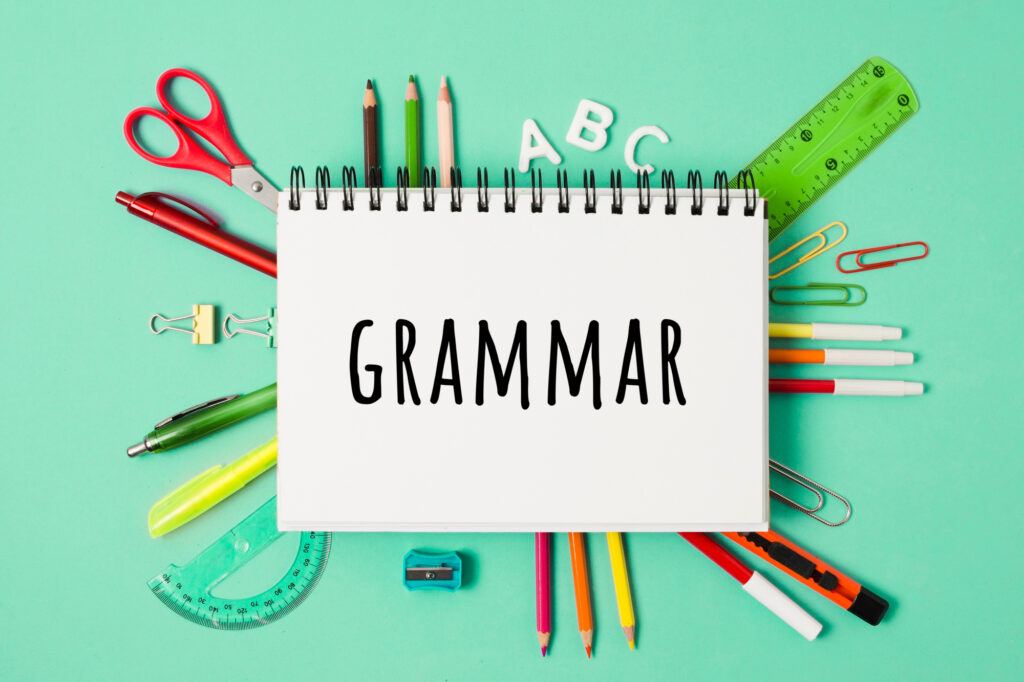
15.2 Phrases
What is a Phrase?
A phrase is a group of words that act as a single part of speech. It does not have both a subject and a verb.
Types of Phrases
1️⃣ Noun Phrase (Acts as a noun)
✅ Example:
- The tall boy won the race. (“Tall boy” is the noun phrase acting as the subject.)
- She wants to buy a new phone.
2️⃣ Verb Phrase (Contains the main verb and helping verbs)
✅ Example:
- She has been working since morning.
- He will call you soon.
3️⃣ Adjective Phrase (Describes a noun)
✅ Example:
- The house with red doors is mine.
- She is very intelligent.
4️⃣ Adverb Phrase (Describes a verb, adjective, or another adverb)
✅ Example:
- He ran very fast.
- She replied in a rude manner.
5️⃣ Prepositional Phrase (Begins with a preposition and acts as an adjective or adverb)
✅ Example:
- The book on the table is mine.
- She walked through the park.
15.3 Clauses
What is a Clause?
A clause is a group of words that contains both a subject and a verb.
✅ Example:
- She loves music. (Independent clause)
- Because she was tired. (Dependent clause)
Types of Clauses
1️⃣ Independent / Main Clause (Can stand alone as a sentence)
✅ Example:
- I like coffee.
- She went to the market.
2️⃣ Dependent / Subordinate Clause (Cannot stand alone; needs an independent clause)
✅ Example:
- Because it was raining, we stayed inside.
- Although she tried hard, she lost the match.
15.4 Types of Dependent Clauses
1️⃣ Noun Clause (Acts as a noun)
A noun clause replaces a noun in a sentence. It usually begins with that, what, who, where, how, why, if, whether, etc.
✅ Example:
- What she said is true. (Noun clause as subject)
- I don’t know where he lives. (Noun clause as object)
2️⃣ Adjective Clause (Acts as an adjective)
An adjective clause describes a noun. It usually starts with who, whom, whose, which, that, when, where, why.
✅ Example:
- The girl who won the race is my friend.
- I bought a book that has colorful pictures.
3️⃣ Adverb Clause (Acts as an adverb)
An adverb clause modifies a verb, adjective, or another adverb. It starts with although, because, since, unless, until, while, when, as, before, after, if, etc.
✅ Example:
- Because it was late, we left early.
- He ran as fast as he could.
15.5 Difference Between a Clause and a Phrase
| Feature | Phrase | Clause |
|---|---|---|
| Definition | A group of words without both subject and verb | A group of words with both subject and verb |
| Types | Noun phrase, verb phrase, adjective phrase, adverb phrase, prepositional phrase | Independent clause, dependent clause (noun, adjective, adverb) |
| Example | “on the table,” “very fast” | “She runs fast,” “Although she was tired” |
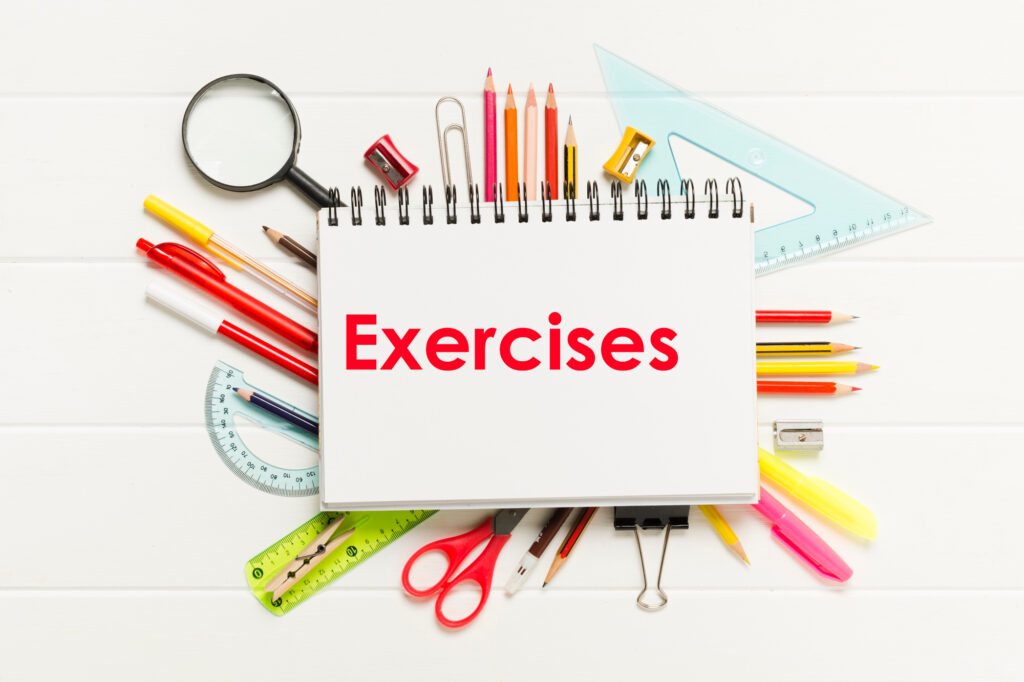
Exercises
A. Identify whether the following are phrases or clauses:
- Walking in the park
- Because he was sick
- The tall boy
- When the rain started
- Runs very fast
B. Identify the type of clause in the following sentences:
- I don’t know where he went.
- The car that I bought is expensive.
- We stayed inside because it was raining.
- He will succeed if he works hard.
- The man who helped me was very kind.
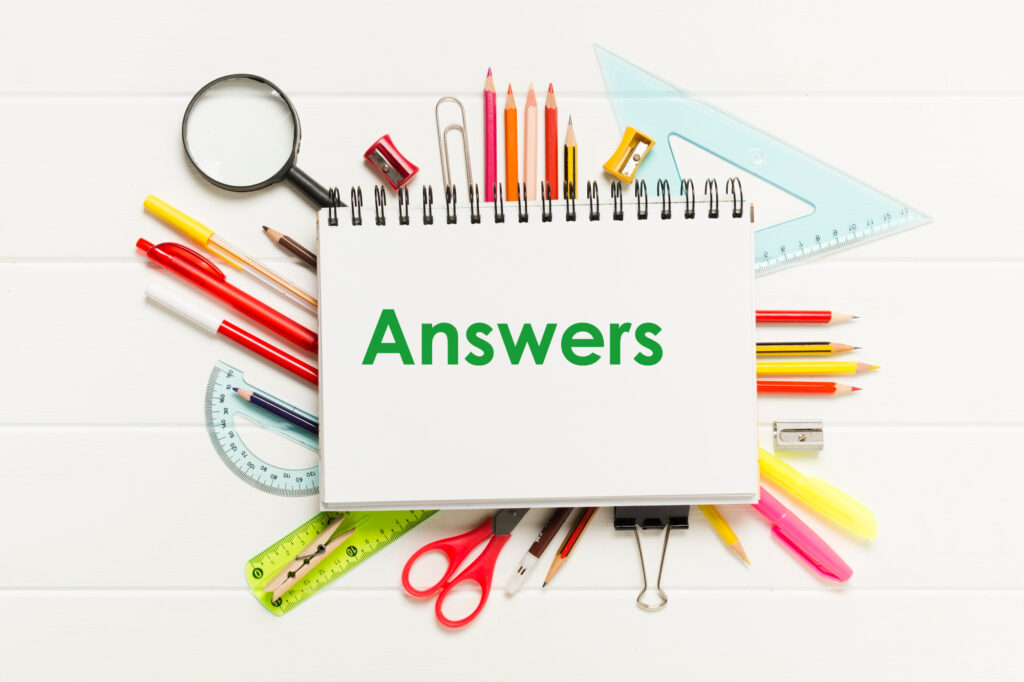
Answers
A. Phrases or Clauses?
- Walking in the park → Phrase
- Because he was sick → Clause
- The tall boy → Phrase
- When the rain started → Clause
- Runs very fast → Phrase
B. Types of Clauses
- I don’t know where he went. → Noun Clause
- The car that I bought is expensive. → Adjective Clause
- We stayed inside because it was raining. → Adverb Clause
- He will succeed if he works hard. → Adverb Clause
- The man who helped me was very kind. → Adjective Clause

